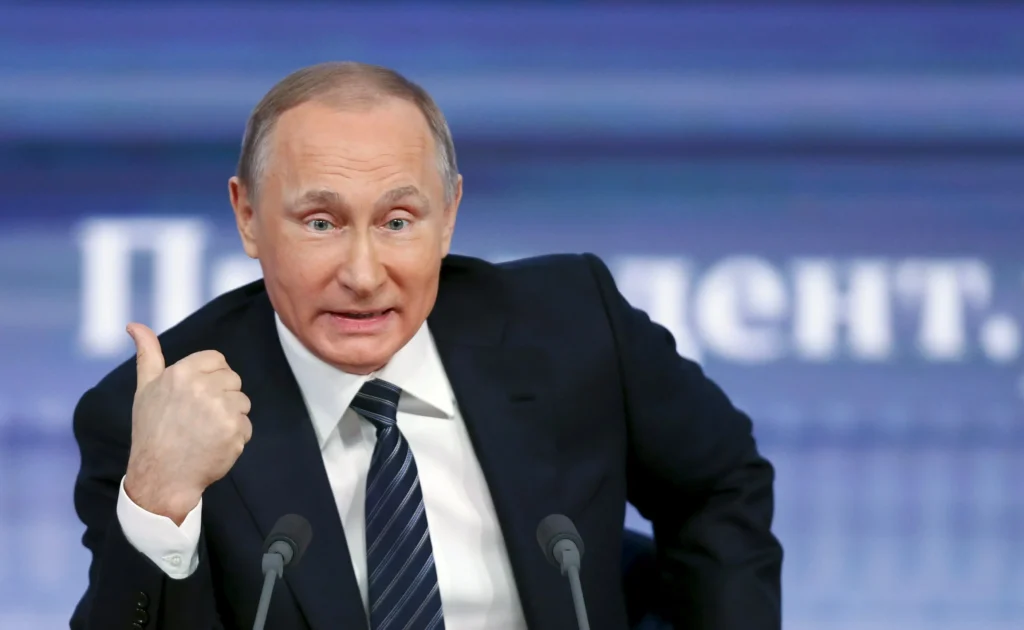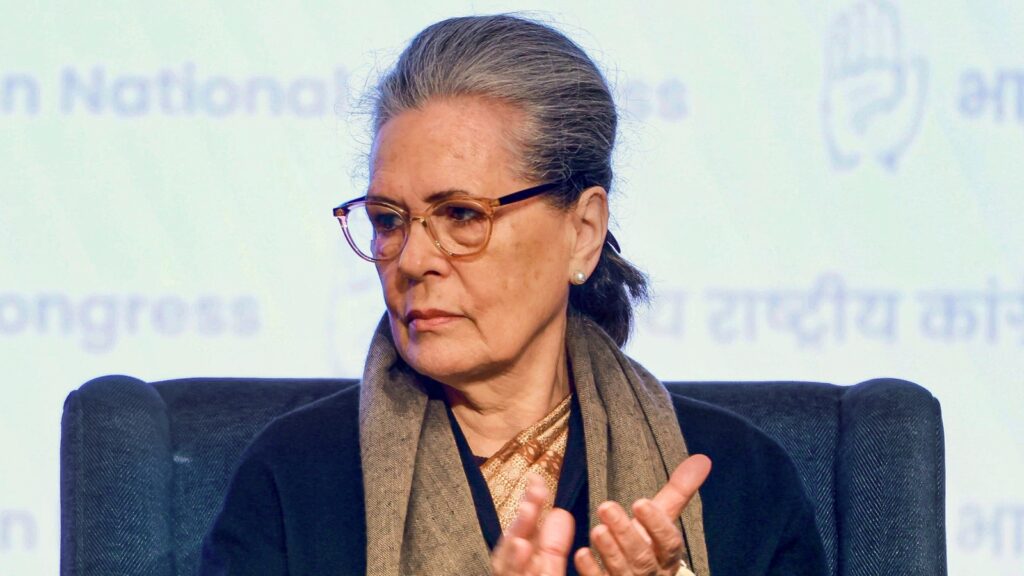Russian Ties to Israeli Population Shape Putin’s Stance Amid Middle East Tensions
As tensions rise between Israel and Iran following multiple military escalations, a major question surfaced across global media: Why is Russia, a known ally of Iran, staying silent? In a recent press statement, President Vladimir Putin provided an unexpected yet revealing answer—Israel’s large Russian-speaking population is a major consideration.
In a rare candid moment, Putin remarked:
“Israel today is almost a Russian-speaking country, two million, approx 15% people from the Soviet Union and Russia live there. We take that into account.”
Putin was asked why he is not assisting Iran.
— Megh Updates 🚨™ (@MeghUpdates) June 23, 2025
His response: “Israel today is almost a Russian-speaking country, two million, aprox 15% people from the Soviet Union and Russia live there. We take that into account.” pic.twitter.com/JlB4RJywv8
The Russian President’s statement offered a glimpse into the subtle calculus of Moscow’s foreign policy, especially in a region as volatile as the Middle East. While Russia has historically maintained close ties with Tehran, including defense and energy cooperation, Putin’s words signaled a pragmatic pivot toward protecting soft power influence within Israel itself.
Putin Cites Russian-Speaking Population in Israel as Key Strategic Factor
The numbers are significant: roughly 2 million Israeli citizens—about 15% of the population—are of Soviet or Russian descent. Many of them migrated during the 1990s and early 2000s, following the collapse of the USSR. These Russian-speaking Israelis maintain cultural, familial, and in some cases, economic ties to Russia, making them an influential demographic in bilateral relations.
For Putin, this demographic reality presents both a domestic and international priority. Supporting Iran militarily against Israel would risk alienating Russian-speaking Israelis and endanger Moscow’s strategic neutrality in the region. Moreover, Israel and Russia have maintained tactical coordination in Syria for years, avoiding direct conflict despite backing opposing sides.
Putin’s remarks also subtly criticize ideological alignment, implying that Russia’s realpolitik approach is guided not by loyalty but by cultural ties and geopolitical balance. While Iran may expect stronger support, the Kremlin’s actions—or inaction—are shaped by long-term interests, not short-term allegiances. In essence, Putin’s Russia is signaling that it will not sacrifice regional influence or diaspora connections for ideological solidarity—a move that underscores how deeply identity, migration, and strategic interests are woven into modern diplomacy.





















